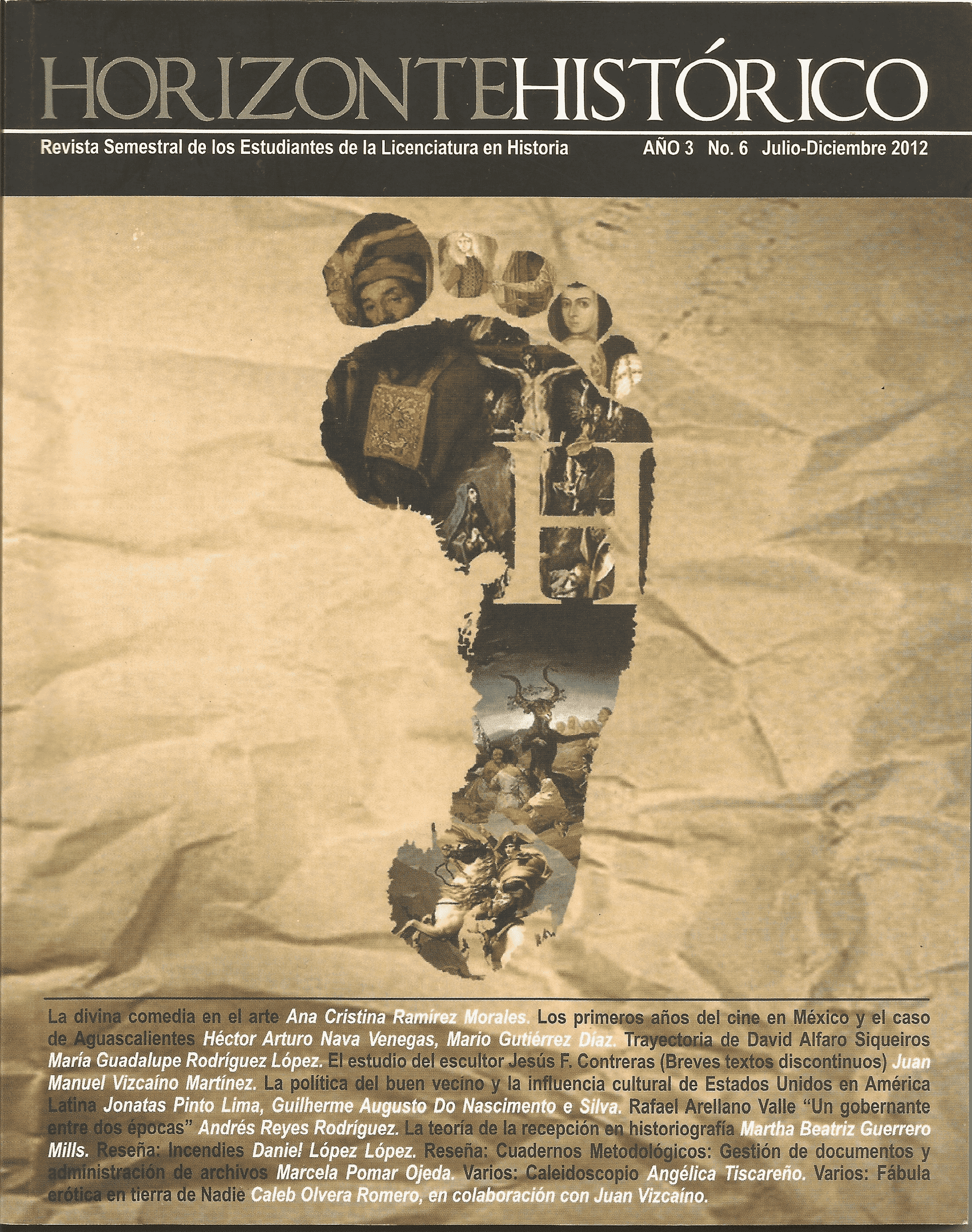The "Good Neighbor" policy and the cultural influence of the United States in Latin America
DOI:
https://doi.org/10.33064/hh.vi6.1211Keywords:
Good Neighbor Policy, Cultural influence, Latin America, United States of AmericaAbstract
The objective of this paper is to analyze the strength of the United States' cultural influence in Latin American countries, focusing mainly on the good neighbor policy, created by F.D. Roosevelt, in the first half of the 1930s. Our study begins with the creation of the Office of the Coordinator of Inter-American Affairs (OCIAA) - later called the Office of Inter-American Affairs (OIAA) - in August 1940. We will focus on the influence exerted by this body on the production and exhibition of films in Latin American countries, in addition to examining other aspects of the influence of American culture on those countries, such as radio, music, literature, and photography. The article has an in-depth look at the influence of the United States on Brazil, but we do not forget the other Latin American countries in this analysis.
Downloads
Metrics
Downloads
Published
How to Cite
Issue
Section
License
Those authors who have published with this journal, accept the following term:
The copyright of any article in Horizonte Histórico belongs to the author(s). As a condition of publication, authors agree to release their copyright under a shared license, specifically the Creative Commons Attribution-NonCommercial-NoDerivativeWorks 4.0 International license.











